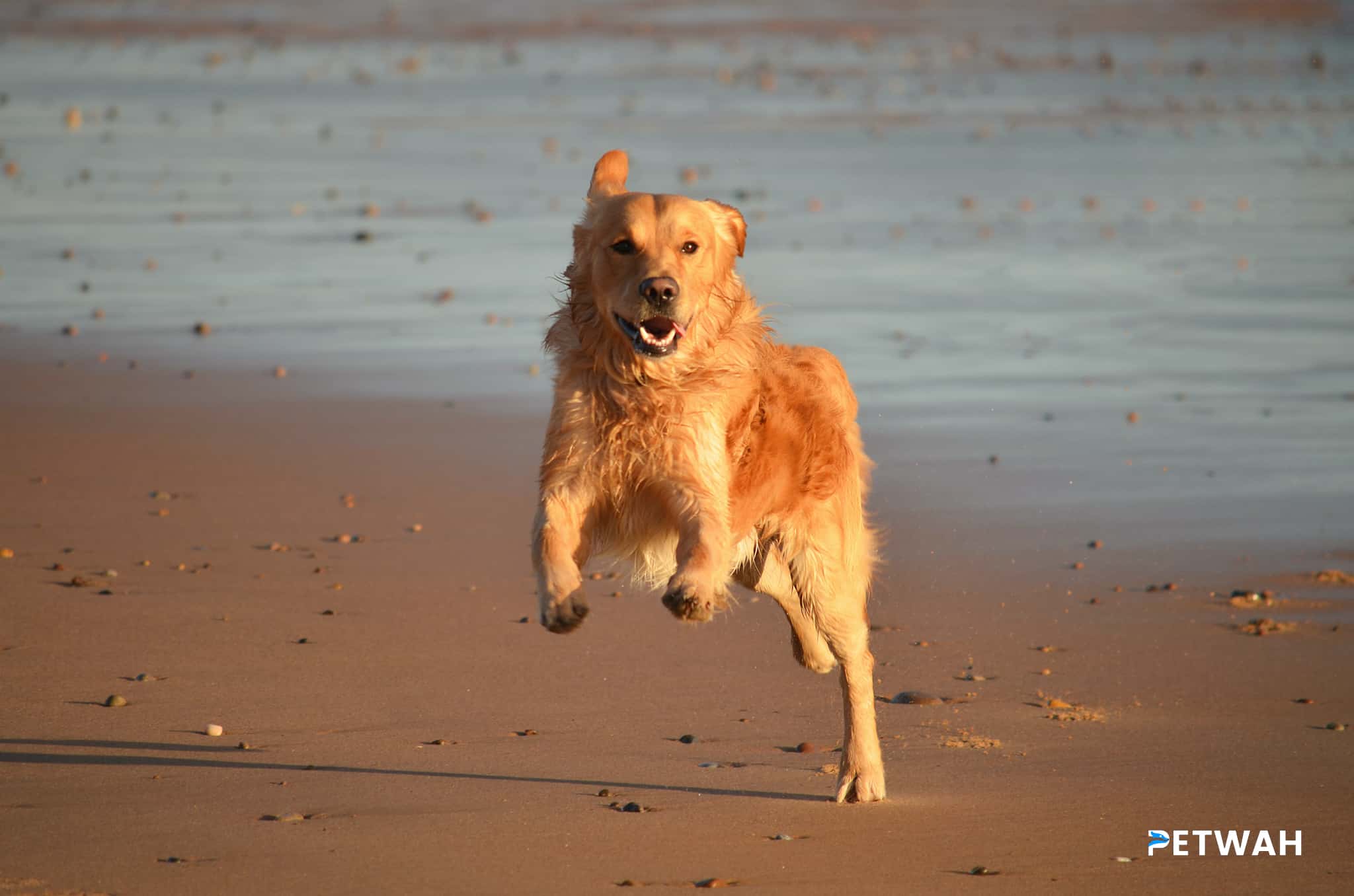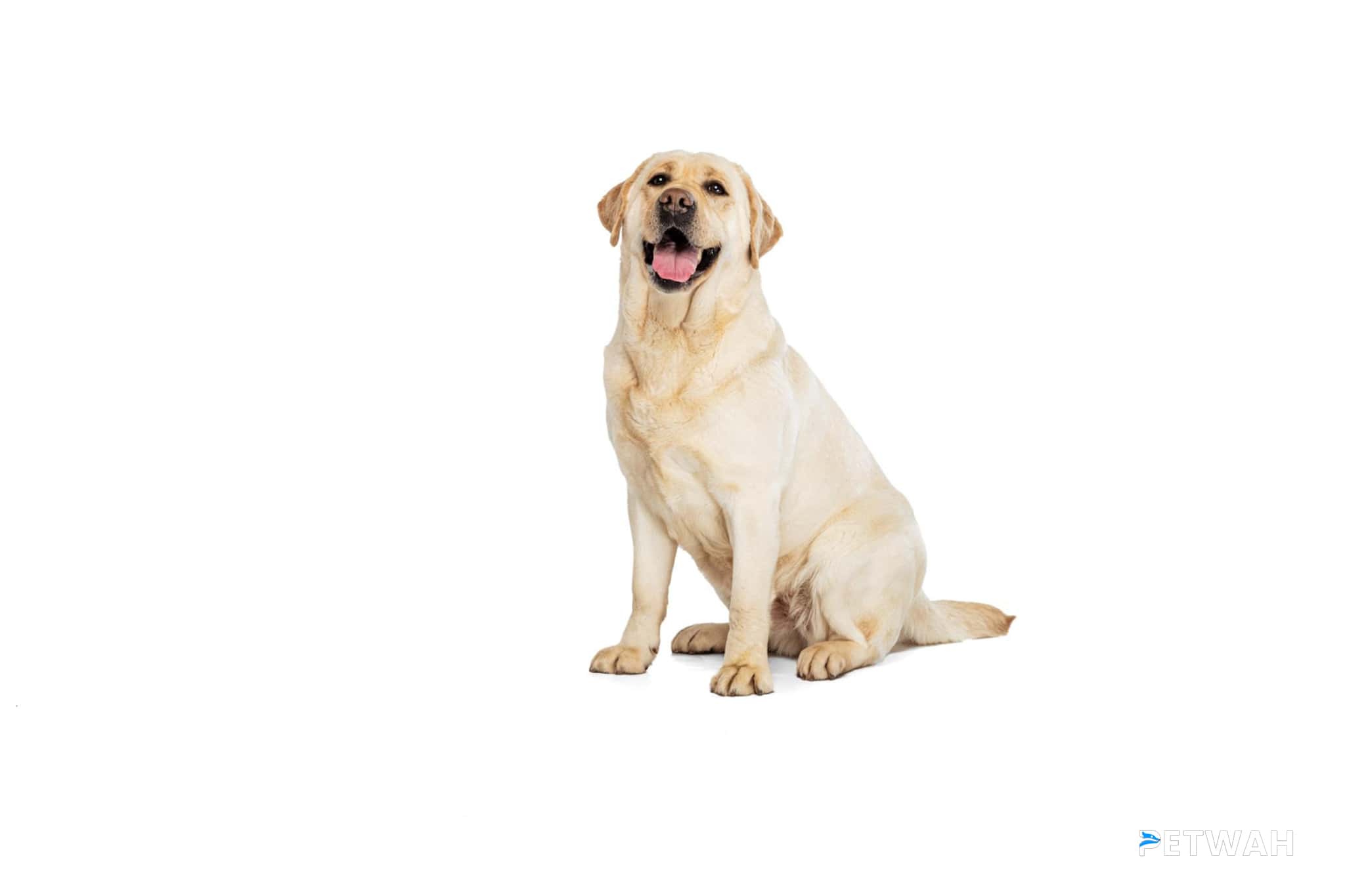As our beloved furry friends age, it is important for us as pet owners to be prepared for the changes and potential health issues that may arise. Golden Retrievers, with their loving and gentle nature, are no exception to this. In this article, we will discuss how a couple can effectively navigate the aging process and address any potential health issues that their Golden Retriever may experience.
Understanding the Aging Process of a Golden Retriever
Golden Retrievers typically have a lifespan of 10 to 12 years, although some may live longer with proper care. Like humans, as they age, they may experience various physical and cognitive changes. It is essential for pet owners to recognize and address these changes in order to maintain their pet’s health and well-being.

Recognizing Common Health Issues
As Golden Retrievers age, they may be prone to certain health issues. Some of the most common ones include:
1. Arthritis: Joint inflammation and stiffness are common in older dogs. If you notice your Golden Retriever having difficulty getting up, climbing stairs, or showing signs of pain while moving, it may be a sign of arthritis.
2. Vision and Hearing Loss: Just like humans, dogs can experience a decline in their vision and hearing as they age. Pay attention to any signs of disorientation, bumping into objects, or unresponsiveness to sounds.
3. Cognitive Dysfunction: Also referred to as Doggie Alzheimer’s, older dogs may experience cognitive decline, leading to confusion, memory loss, and changes in behavior. Consulting a veterinarian is important if you notice such changes.
Caring for an Aging Golden Retriever
As a couple caring for an aging Golden Retriever, there are several key steps you can take to ensure their well-being:
1. Regular Veterinary Visits: Schedule regular check-ups with your veterinarian to monitor your dog’s health and catch any issues early on. They can provide guidance on preventive care, diagnostics, and treatment options.
2. Proper Nutrition: Adjust your dog’s diet to meet their changing nutritional needs. Senior dog foods are available that are specifically formulated to support joint health, weight management, and cognitive function.
3. Exercise and Mental Stimulation: While it’s important to tailor exercise to your pet’s capabilities, regular physical activity can help maintain muscle strength and flexibility. Mental stimulation, such as puzzle toys or obedience training, can also keep their minds sharp.
4. Comfortable Environment: Create a comfortable living space for your aging Golden Retriever. Provide orthopedic beds to support their joints, consider installing ramps or stairs to help them maneuver around the house, and ensure they have easy access to water and food.
5. Adaptation and Support: Lastly, be prepared to adapt your routines and provide the support your dog needs. Adjust exercise intensity and duration, assist them with tasks such as grooming, and be patient with any changes in behavior.
FAQs:
1. How often should I take my aging Golden Retriever to the vet?
– It is advisable to schedule regular check-ups with your veterinarian at least once a year. However, as your dog ages, more frequent visits may be necessary.
2. Can I continue to feed my older Golden Retriever the same food?
– While your dog may be able to continue eating the same food if they are in good health, it is often recommended to switch to a specially formulated senior dog diet that meets their changing nutritional needs.
3. What can I do to manage arthritis in my aging Golden Retriever?
– There are various strategies to manage arthritis in dogs, including weight management, joint supplements, pain management medications (under veterinary guidance), and providing them with a comfortable and supportive environment.
4. How can I help my aging Golden Retriever maintain mental stimulation?
– Engage your dog in activities that keep their mind active. Puzzle toys, scent games, obedience training, and interactive play sessions can help provide mental stimulation and prevent cognitive decline.
5. What signs should I look out for that may indicate cognitive dysfunction in my dog?
– Signs of cognitive dysfunction in dogs can include disorientation, changes in sleep patterns, altered social interactions, anxiety, and memory loss. If you observe these behaviors, consult your veterinarian for a proper diagnosis and guidance.
In conclusion, the aging process of a Golden Retriever requires special attention and care from pet owners. By understanding the changes that occur, recognizing common health issues, and taking proactive steps to maintain their health and well-being, couples can ensure a happy and comfortable life for their aging furry friend. Remember, providing the best care for your beloved pet is a priority, and companies like PetWah can help you find the right products and resources to assist you in this journey. Visit petwah.com for more information and guidance on caring for your furry companion.








